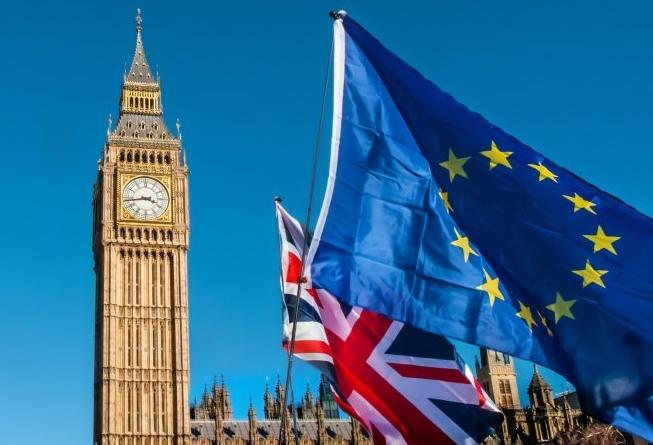By Sarah Hall, Professor of Economic Geography at the University of Nottingham
Tracing Economic Patterns

As the UK has entered a post-Brexit era, the EU-UK Trade and Cooperation Agreement (TCA) steers the course of trade relations. However, measuring its tangible impacts on the UK economy is a complex task, especially given the backdrop of the COVID-19 pandemic and global geopolitical tensions.
The ongoing economic analysis is crucial, given the persistent slow growth and low productivity that has characterized the UK’s economic landscape since the financial crisis of 2007-08. A myriad of research spanning economics, sociology, legal studies, and geography is dedicated to isolating the variables and understanding the economic shifts attributed specifically to Brexit.
Pre-Brexit Economic Forecasts
A historical reflection on economic predictions made pre-Brexit illuminates the anticipated impacts. The integration with the EU since 1973 fostered economic growth, GDP per capita increase, and intensified trade and capital flows in the UK. Economists argued that diminished access to the EU’s single market, coupled with prevailing uncertainty, could result in reduced international investment, lowered wages, a weakened pound sterling, and potential escalations in taxes or cuts in public spending.
However, economic boons were not universally experienced across the UK. Metropolitan areas, notably London and the South-East, saw substantial growth, particularly in the financial and professional services sectors. In contrast, provincial regions remained stagnant, perpetuating long-standing economic disparities.
This uneven distribution of economic benefits was noted to influence the Brexit referendum, with areas affected by austerity measures and limited GDP growth more inclined towards a Leave vote.
Expert Predictions and Reality
The role of economic forecasts has been contested since the 2016 Brexit referendum. Initial predictions painted a grim picture of immediate economic downturn, largely driven by weakened financial markets and diminished consumer and business confidence. Though the pound did experience a significant drop, other anticipated impacts, like a drastic fall in house prices, did not materialize, and the employment market remained resilient.
Long-term predictions, particularly those related to trade and migration, have proven to be more accurate. The TCA is notably more favorable to goods trade than services, a significant point given the UK’s historical strength in the service sector.
The TCA’s Implications
Research following the TCA’s implementation indicates a 25% reduction in UK imports from the EU, a temporary decrease in exports, and a significant reduction in trade relationships, particularly affecting smaller firms. For services, particularly crucial in the UK’s financial sector, there’s an estimated 6% decline in exports to the EU pre-TCA and a transfer of approximately 10% of total banking assets to the EU.
The early economic impacts of Brexit are intricate, varying by sector and region. While there are discernible negative impacts on trade distinct from the effects of COVID-19 and geopolitical conflicts, the nuances are significant, indicating sectorally and regionally differentiated impacts.
In this evolving economic narrative, the detailed examination of each economic sector and geographical location within the UK will be essential to fully grasp the multifaceted impacts of Brexit and to chart the path forward in a post-Brexit landscape.



